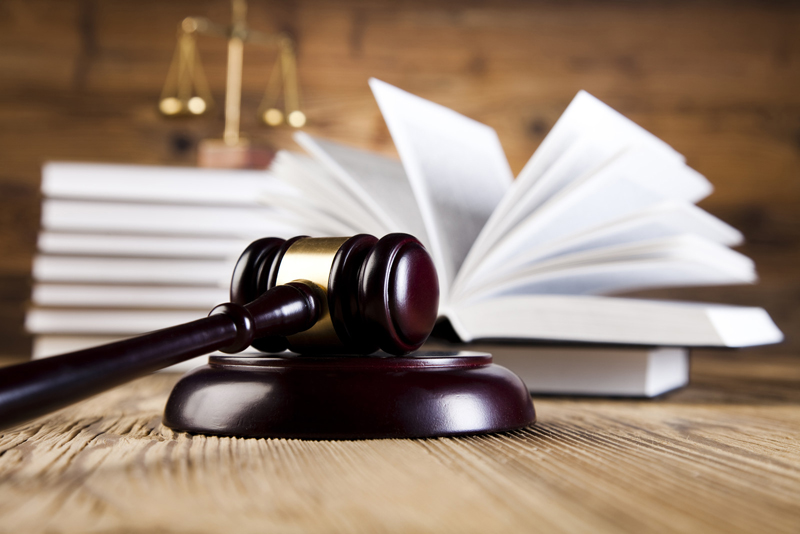Product liability refers to a product or device manufacturer being held legally responsible for placing a defective product in the hands of a consumer. According to FindLaw, defective or dangerous products are the cause of thousands of injuries every year in the U.S. Medical record retrieval plays a key role while handling such cases because medical records are necessary to prove the injury caused and its impact. Two types of cases could be filed in product liability lawsuits – a class action suit or multi-district litigation (MDL). With the rise in the number of product liability cases, including those involving failed medical devices, multidistrict litigation is an efficient way to process thousands of lawsuits against a medical device manufacturer.
Multidistrict litigation is now a major component of the U.S. civil litigation system. In MDL, multiple civil cases that share a common issue are transferred to a single district court for pretrial proceedings. MDL aims at preserving resources and promoting consistent court rulings across different lawsuits that involve similar legal issues.
MDL has become increasingly common in the administration of lawsuits involving drugs and defective medical devices. According to JDSUPRA, MDLs make up more than half of the total number of civil cases in the U.S., with product liability cases comprising the vast majority of MDLs. MDL also allows for the consolidation of key discovery. MDL allows all the plaintiffs to take hundreds of key depositions and share millions of pages of written discovery and then this huge amount of information can be consolidated so that every plaintiff who joins the MDL can access the discovery and use it in their cases.
Check out what the discovery phase in a personal injury case involves.
MDLs vs. Class Actions
A class action lawsuit can be created by several people, who were harmed by a medical device or prescription drug. They can file a complaint in court and act as the lead plaintiffs.
- While class actions merge all claims and plaintiffs into one lawsuit, MDLs move all lawsuits into one court.
- Unlike for class actions, MDLs do not require plaintiffs to certify their class.
- In a class action suit, cases will be combined for the entire court process, while MDLs only combine the cases for the pretrial portion before transferring the case back to the originating federal court for the trial.
- While a class action suit refers to a single case with several plaintiffs, MDL involves multiple lawsuits and remain so throughout the proceedings.
In MDL, as the cases are combined together, a single court will be familiar with all the details impacting the cases. MDL is considered mainly when civil actions involving one or more common questions of fact are pending in different districts.
Multidistrict litigation process
In MDL cases, the Judicial Panel on Multidistrict Litigation (JPML) is given the authority to allow the transfer of related cases to one federal judge or court for coordinating pretrial discovery and resolving other issues prior to trial. The JPML includes seven federal judges based throughout the United States, all of whom are appointed by the Chief Justice of the U.S. Supreme Court.
Pretrial proceedings in MDL include collecting evidence during the discovery process, actions to dismiss the case or for summary judgment, evidentiary challenges, depositions and interrogatories and settlement offers. If the case does not settle during these pretrial proceedings, it is transferred back to the district court. Trial preparation consumes most of the time of the attorneys dealing with the case.
Multi-district litigation is meant to speed up the process of product liability cases or drug lawsuits that may be complex. Reliable companies provide product liability medical record review services that are a great support for attorneys handling cases related to medical devices, pharmaceuticals and toxic substance exposure.
Disclaimer: The content above has been sourced from reliable internet resources, and is not the inference or opinion of Managed Outsource Solutions (MOS) or any of its stakeholders. For a professional opinion on this subject, consult an experienced product liability attorney.




